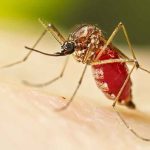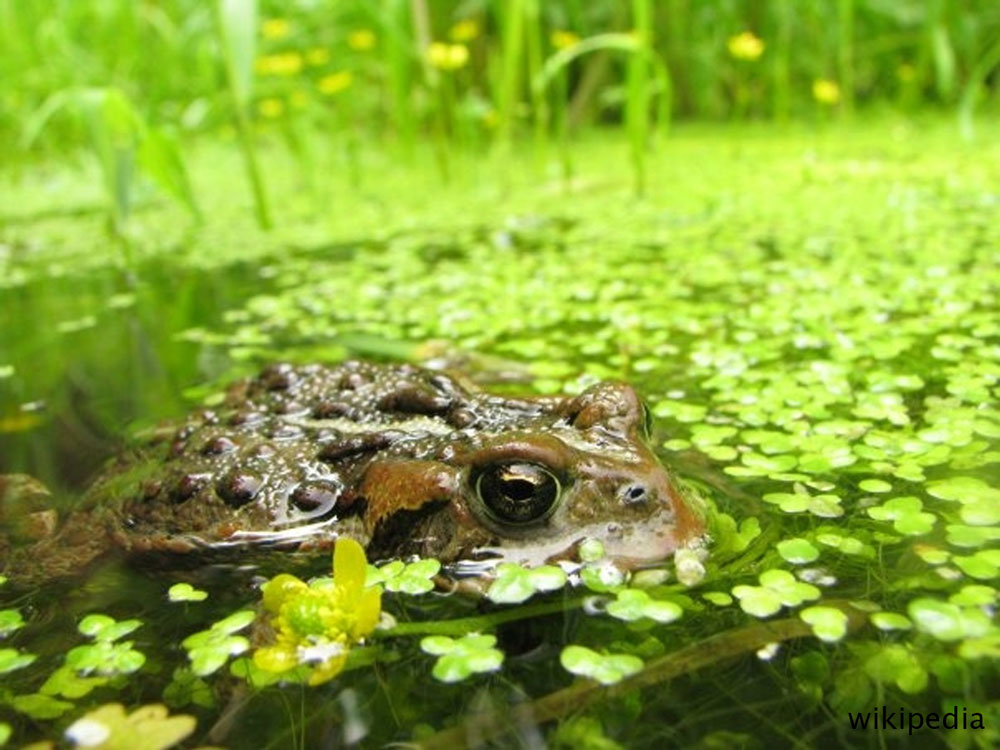Dr. N. Munal Meitei,
Environmentalist, email- nmunall@yahoo.in

World Ecology Day is observed on 1st November to remind the vital relationship between living beings and their environment. Ecology is the study of the relationship of living creatures with each other and the environment around them. The aim of celebrating the day is to know and value the interconnectedness between biotic and abiotic components in the complex ecosystem of the planet. It also reminds us on the importance of environment and the role that our society should respond on maintaining a harmonious relationship with our environment.
The world we live in is a beautiful place, full of wonders that leave us in awe of nature’s grandeur. However, with beauty, it come responsibility. Ecological concerns have become a critical issue in the 21st century as we grapple with climate change, pollution, deforestation and other factors that threaten our planet’s delicate balance. It is imperative that we take cognizance of the impact of our actions on the environment.
Every living creature on this planet is connected. The invisible network of this connection is complicated but super-delicate. Even if one string gets destroyed, the whole network gets affected. We call this intangible yet astoundingly glorious network of living and non-living beings, Ecology. We need to learn about the varied populations living on the planet, their communities, habitats, biome and the biosphere.
The abiotic components that are a part of the diverse ecosystem of the earth are: Light, the source of energy from where plants make their food and then, they fulfill the diet of other organisms. Rainfall, the consequence of the water cycle quenches the thirst of organisms and support lives. Temperature, the important factor of life that can bloom the living beings. Atmosphere, that makes the organisms breathe, shielding us from harmful radiations, trapping heat to warm the planet. Soil is the skin of earth and every form of life starts from soil and get back to the soil again.
Biotic elements of the ecosystem are: plants make their food through the photosynthesis and give energy for other beings. Animals are a part of this diverse ecosystem. All the biotic and abiotic elements work together to make survival on earth possible.
Ecology is a science whose name dates to 1869 coined by the German scientist Ernst Haeckel. Ecology studies among living organisms, including humans and their physical environment. This discipline considers organisms at the individual, population, community, ecosystem and biosphere levels. This field has achieved the great relevance when the disappearance of species, caused by the loss of tropical forests, as well as by climatic and hydrological regulation, pollution of water, soil and air caused.
Ecology also involves humans in its centre point since human activity is the core issue on general life. Ecologists study how human activities, such as agriculture, fishing, infrastructure construction and industry, affect ecosystems and how we can reduce these impacts. In addition, ecology also studies how humans interact with ecosystems and how ecosystems influence human life.
Without a doubt, humanity’s greatest challenge is reducing its ecological footprint, which is the measure of the impact of human activities on nature. This means that, if we use our natural resources consistently, we will be able to guarantee the well-being and growth of our society.
Ecological imbalance occurs when natural or human-caused disturbances disrupt an ecosystem. Now a day, the farmers in Manipur are putting hands on their heads from the challenges of Wahik (Aphids), Charong Chikpi (Stem borer) when the paddies almost are ready to harvest. All these woe are due to human caused ecological imbalances. We killed the friendly creatures like dragonfly, spiders, frogs and toads which control these enemies and hence we are now paying for the consequences.
It should not be commemorated only once a year; it should be always present and ensure that our actions are respectful of the environment that surrounds us. We have time to repair the damage caused to the environment and it’s our duty to make our footprints as light as possible. With a little daily dedication and commitment, we can have a healthier ecosystem for all living beings.













